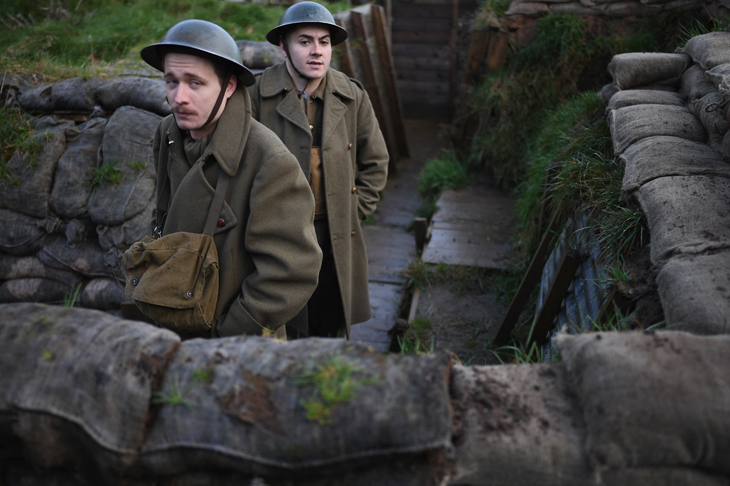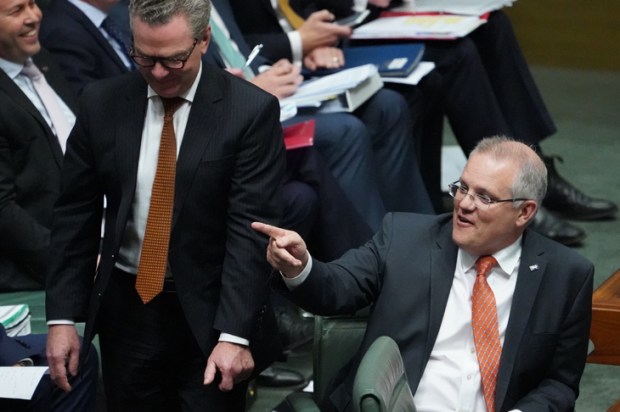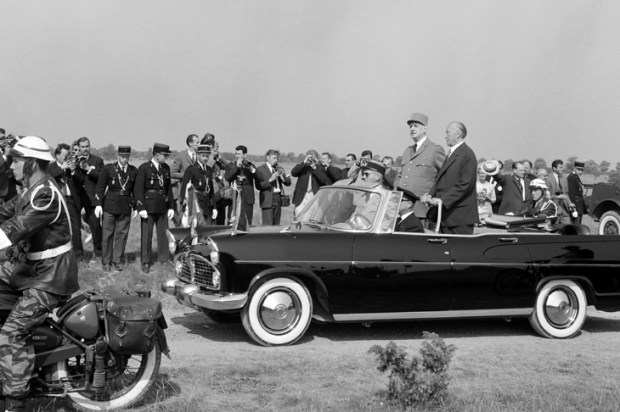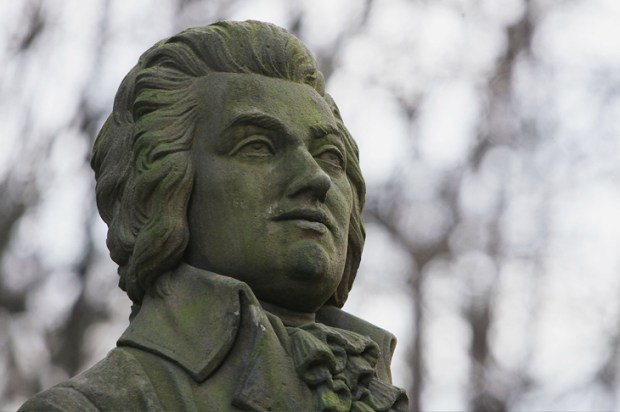Exactly a year ago I was on my way home starting the final stage of recovery from prolonged surgery. Indeed I cannot possibly praise the two surgeons who worked their magic on me highly enough but then one was already a former Australian of the Year. Surgery is an area in which Australia excels and I acknowledge that if I had found myself almost anywhere else my chances would probably have been slim – not least because of lengthy hospital waiting lists almost everywhere today.
This very day, as I write, Australia remembers with suitable honour the members of its armed services who died in two world wars. Many believe the tragic events of the First World War played a vital role in the forging of Australia as a nation and I personally remember seeing ‘war’ drawings from that era many years ago which showed some of the toughest and most quietly masculine men who may ever have walked this earth. A high percentage would certainly have been ‘country boys’ because Australia then was a much more rural nation than it is today. Significantly perhaps none of these finely depicted heroes of the past appeared out of shape or overweight and curiously much the same applied also to the boys of the boarding school I attended myself shortly following the Second World War in England. If obesity is believed to be a sign of inner discontent – then all the perils and shortages of such eras apart – there was clearly a far greater degree of certainty and even inner contentment in everyone’s lives back in those distant-seeming days.
During the First World War in England, my mother who was the second youngest of a family of eight had three elder brothers, of whom two were killed in the early days of the conflict while the third was very badly wounded at Pozières and lost a lung. To add to her woes my mother also lost the man to whom she was first engaged – a pilot with the Royal Air Force – just days before the Armistice which finally concluded the so-called Great War.
I still retain the metal identity bracelet fashioned from an engine part once worn by that unfortunate young man and no less significantly also the one worn by his best friend – an Australian pilot named Stanley Preston of the Royal Flying Corps. The latter was a great comfort to my mother in her sad immediate post-war days and I believe he subsequently returned to Australia, probably to my mother’s regret, to try to start a civil air service over here. Other than that he was a Queenslander and a Catholic I know no other details at all of Mr Preston’s life but still retain his First World War identity bracelet which I would be delighted to hand over at last to a proven descendant. I have tried already via the Australian War Memorial in Canberra. In the meantime my mother’s fourth brother who was too young to fight made up for that in the Second World War when, as a destroyer captain, he was torpedoed twice – clinging each time to wreckage in the Mediterranean for 48 hours before being rescued. His waterproof naval wristwatch, which he passed on to me in my first year at boarding school, was the first such I ever owned. Although somewhat battered it remained an object of great pride.
In today’s Sunday Telegraph the editorial bears the following headline: DIGGERS LEFT A LEGACY THAT WILL NEVER BE FORGOTTEN. But I must beg, as an Australian citizen myself now, to disagree with this sentiment very strongly. It is my belief that, in its present form, Australia is letting down every previous generation of this country very severely indeed. This is a central message of my last two books Culture at Crisis Point (2016) and Post-Modernist Australia: How to Create an Unholy Mess (2018) both published by Connor Court. The latter book has just been favourably reviewed by Amanda Stoker, LNP federal senator for Queensland in this magazine and also by Karl Schmude, a founding fellow of Campion College in Sydney, in the most recent edition of Annals, Australia’s oldest Catholic publication. Often I feel I am part of only a very small band which fully understands the mess Australia has inflicted on itself in recent times but have felt increasingly heartened recently that this band is at last growing bigger, stronger and more vocal. Australia deserves much better of its hordes of public service employees and most especially of its armies of would-be educators. They have done much to render a once fine country unrecognisable.
Yesterday my wife and I drove out to the famous Mayfield Gardens to which Oberon, New South Wales, is the nearest town. A beautifully cooked lunch aside, a day of all that is finest visually for me in Australia slowly unfolded: endless small cumulus clouds set in an impeccably blue sky and passing over a cultivated rural landscape which has probably changed little since the days of earliest settlement. This and hundreds of similar rural areas once provided the backgrounds of the cream of past, valiant diggers whose lives had not largely been corrupted then by the materialism, vice and intellectual imbecility associated with Australia’s major cities today – the corrupting embrace of which has become increasingly fatal for our entire nation.
In my most recent book I picture two Second World War diggers up to their eyes in mud in a wartime foxhole. ‘What is the most important cause you feel you are fighting for, mate?’ one asks the other. ‘Put me down for gender fluidity,’ the other replies.
Clearly such a conversation would have been utterly unthinkable 50 let alone 75 years ago which thus simply helps chart the terrible regress of our once very fine nation. Post-modernism is nothing less than Marxist totalitarianism cloaked in clever disguise.
Got something to add? Join the discussion and comment below.
Get 10 issues for just $10
Subscribe to The Spectator Australia today for the next 10 magazine issues, plus full online access, for just $10.
You might disagree with half of it, but you’ll enjoy reading all of it. Try your first month for free, then just $2 a week for the remainder of your first year.















Comments
Don't miss out
Join the conversation with other Spectator Australia readers. Subscribe to leave a comment.
SUBSCRIBEAlready a subscriber? Log in